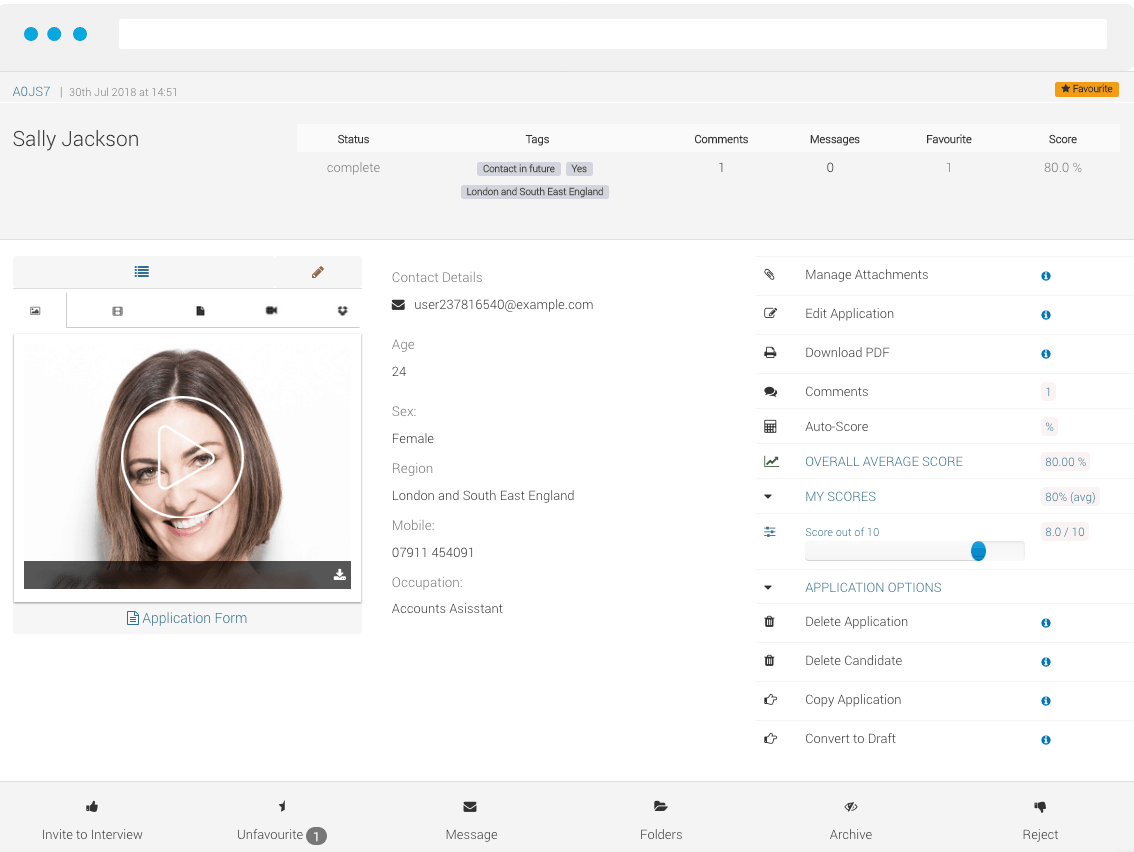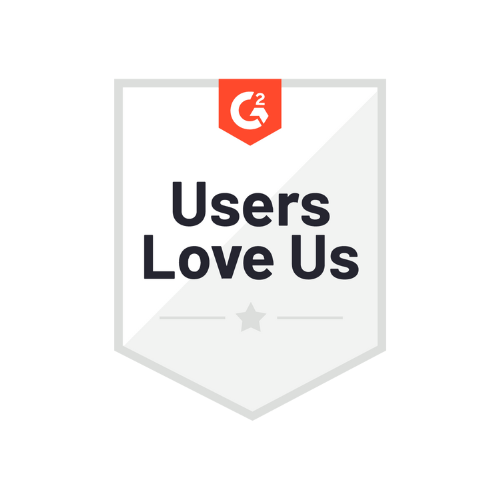Engage scholars
Easily create modern forms that pre-screen and allow applicants to upload any supporting files.
Collaborate effectively
Work more closely with your applicants, scholarship staff, program staff, reviewers and board in one place.
Demonstrate impact
Powerful reporting tools to help you track, measure and illustrate the impact of your grant.





















































